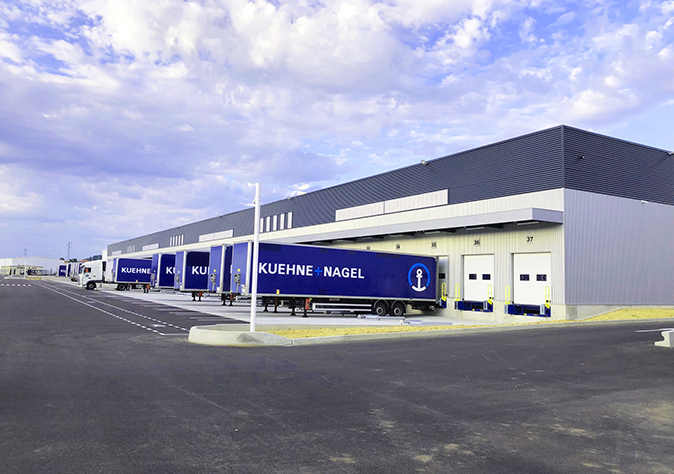Book and Claim is an essential tool to expedite the electrification of trucks, and the industry’s best bet to decarbonise fast enough to meet its targets. This white papers provides more insights into this solution.
The road freight industry, a significant contributor to greenhouse gas emissions, is confronting a challenge.
By 2030, alongside other sectors, it must achieve a 42% reduction in global emissions (compared to 2020) to meet its targets established in the Paris Agreement.
For road freight companies, transitioning to battery-electric vehicles (BEVs) is critical. However, the current pace of fleet electrification is too slow.
We propose that a Book and Claim chain-of-custody model is an essential tool to expedite the electrification of trucks. The success of this innovative solution depends on ticking the right boxes.
This white paper provides insights into:
- Why switching to BEVs is crucial and which roadblocks hamper faster electrification, incl. a mismatch between the demand and supply of low-emission transport solutions.
- What Book and Claim is in a logistics context, and how it can address the ‘mismatch problem’.
- How Book and Claim allows businesses to contribute to the acceleration of fleet electrification.
- The robust principles behind Kuehne+Nagel’s pioneering Book and Claim solution for BEVs developed with Smart Freight Centre guidelines.
- How SBTi’s soon-to-be-launched draft framework on the use of ‘environmental attribute certificates’ (incl. Book and Claim certificate and offsetting certificates) to abate Scope 3, can impact the potential that Book and Claim has to accelerate fleet electrification – depending on the framework’s rules. This draft is expected in summer 2024.
- Why we need a wider acceptance and adoption of Book and Claim and a clear differentiation from offsetting.


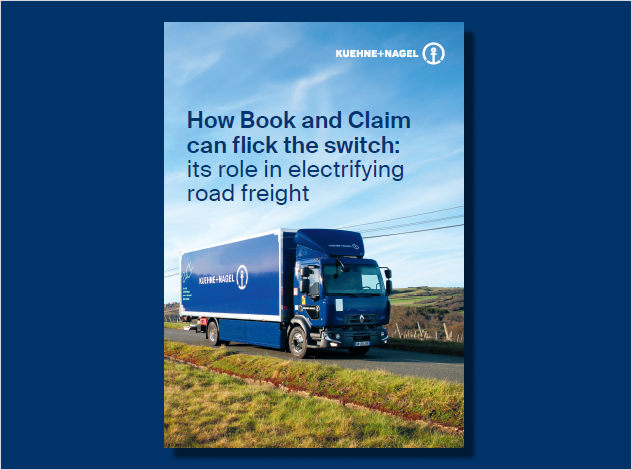
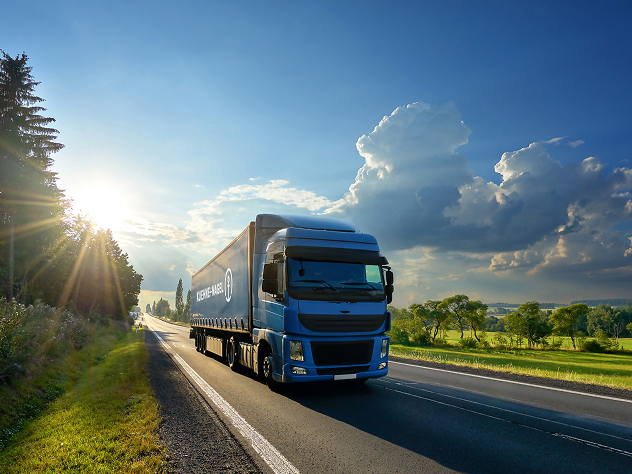
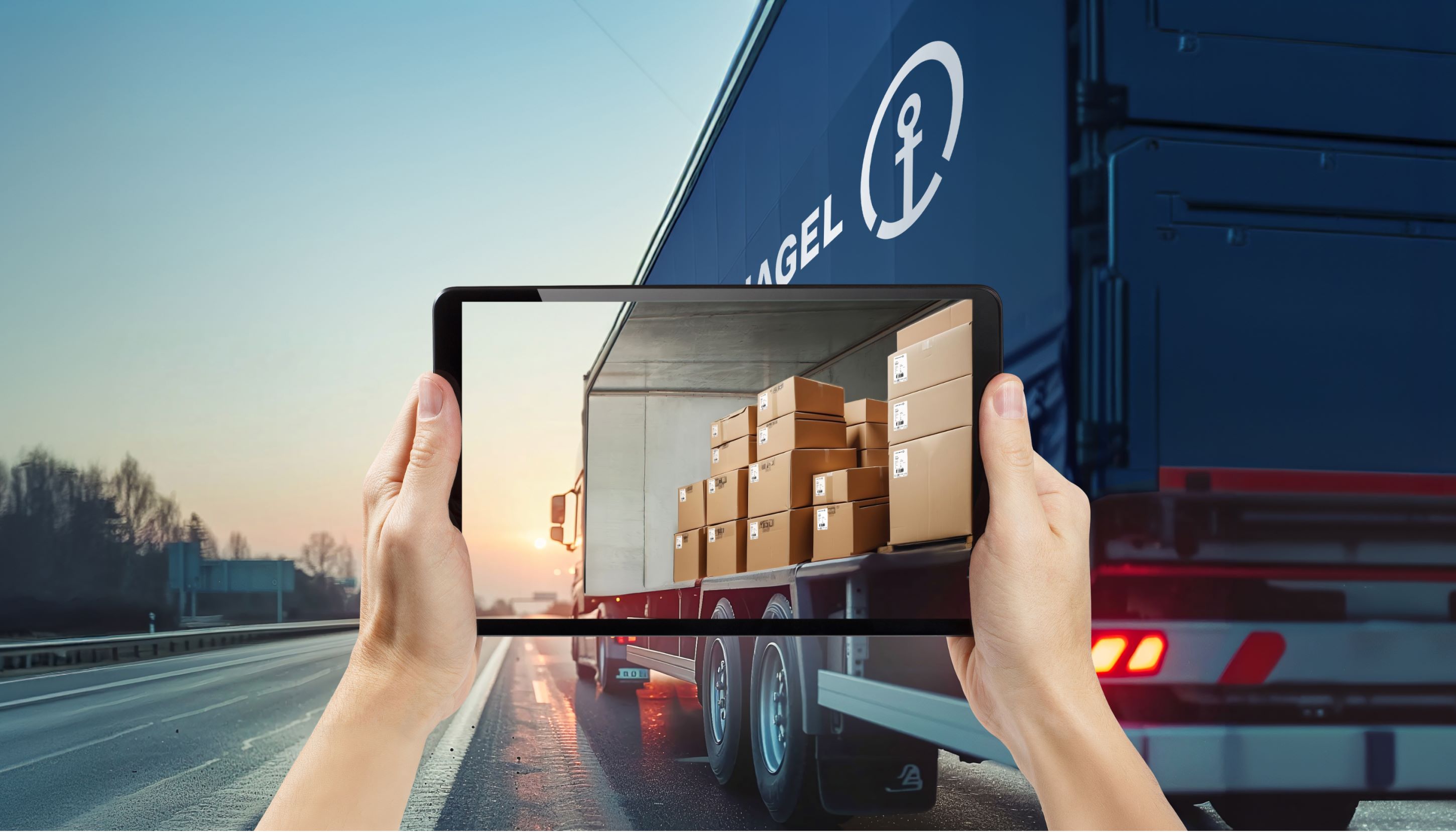
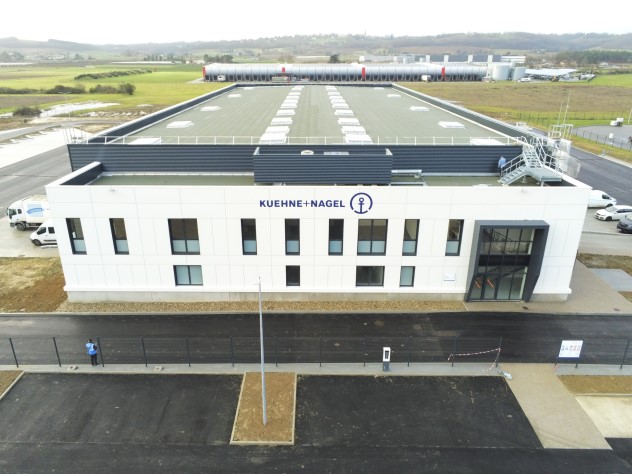
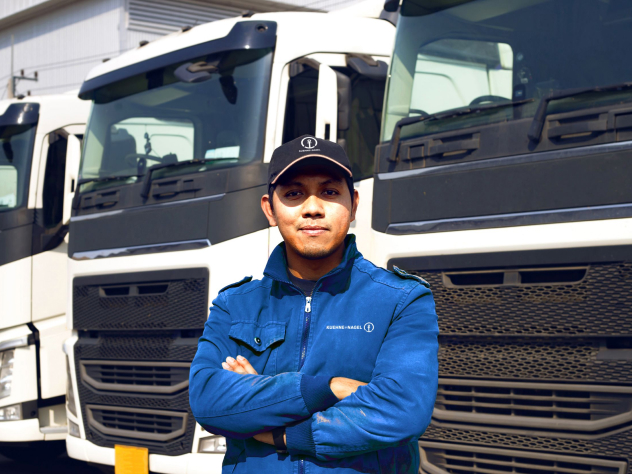

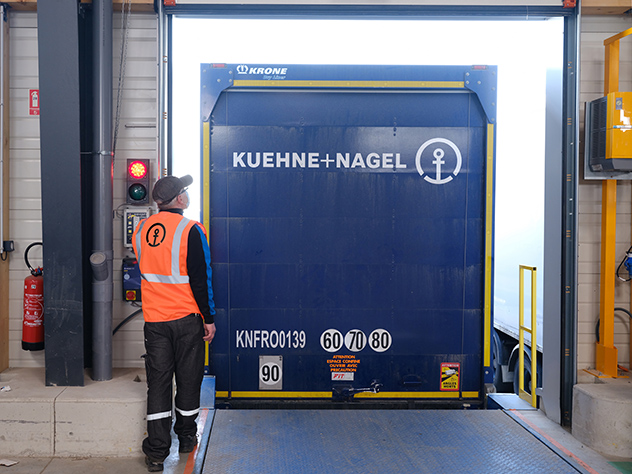
.jpg/164e9bc9-41a7-bbef-0e37-87afc7ee02ad)
